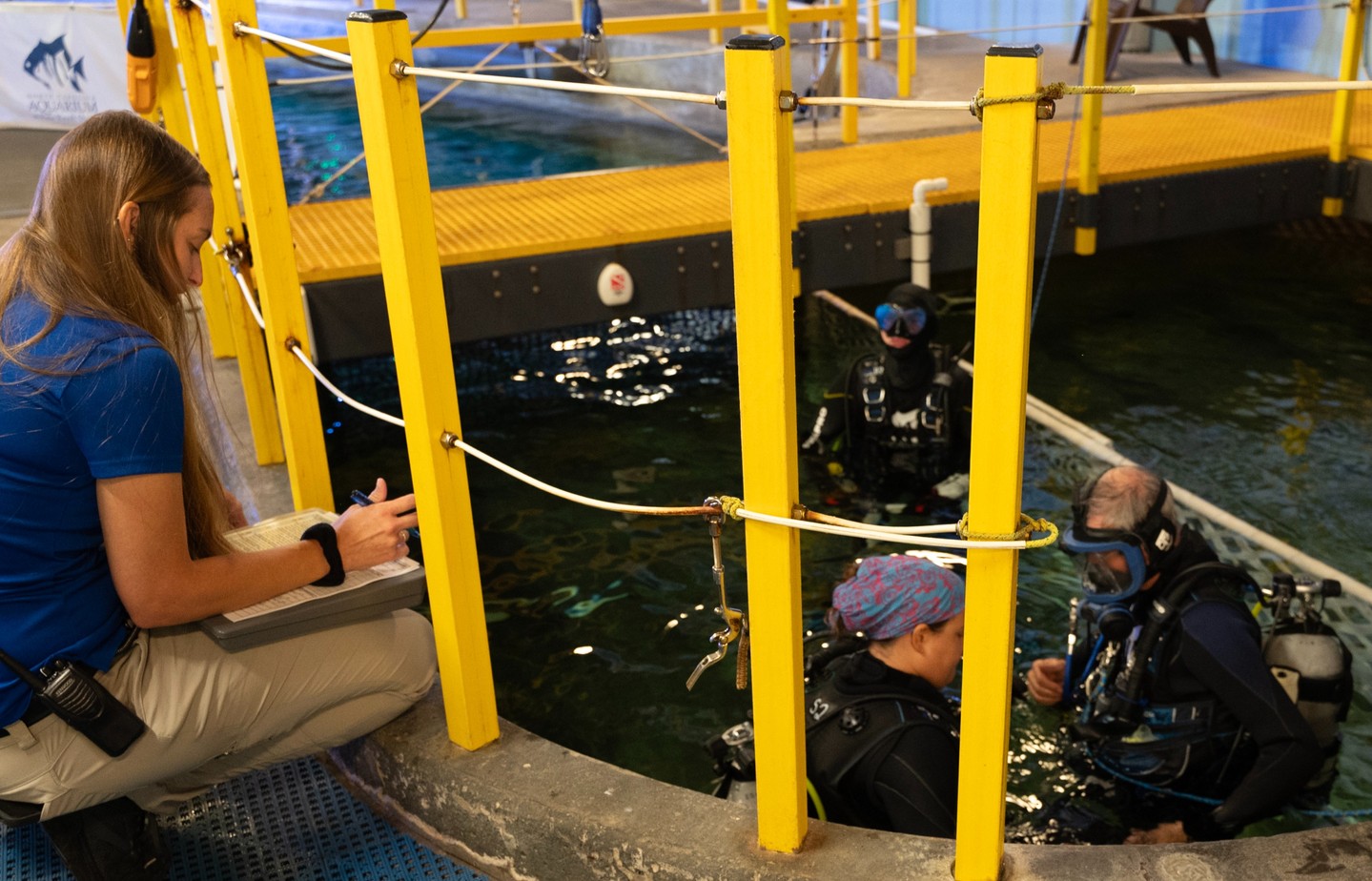- The role and responsibilities of a Dive Technician in zoo environments
- The importance of aquatic ecosystems in wildlife conservation
- Technical skills and knowledge required for a Dive Technician
- The significance of public engagement and education in zoos
- Career pathways and professional growth within zoo management
Dive technicians play a pivotal role in maintaining aquatic exhibits in zoos and aquariums. These specialized conservationists are responsible for ensuring that all underwater habitats are safe, clean, and conducive to the well-being of aquatic animals. Their duties typically include maintaining water quality, servicing filtration systems, repairing underwater structures, and assisting in the care of marine life. A dive technician must be proficient in handling equipment, knowledgeable about marine biology, and skilled in diving operations. This position requires a blend of technical expertise and a deep appreciation for wildlife conservation.
Aquatic ecosystems are vital components of global biodiversity and serve as critical habitats for countless species. In zoo settings, these ecosystems are carefully constructed to mimic natural environments and facilitate educational outreach. Zoos leverage aquatic exhibits to foster awareness about marine conservation issues, such as pollution, habitat destruction, and climate change impacts. By educating visitors, zoos contribute to a broader understanding of the importance of preserving aquatic life and work collaboratively to support conservation initiatives worldwide.
Technical proficiency is paramount for a Dive Technician. They must be adept at using scuba gear, performing underwater repairs, and operating life-support systems like filters and pumps. Familiarity with water chemistry, including pH, salinity, and nutrient levels, is essential to maintain optimal conditions for marine life. Moreover, dive technicians often work closely with marine biologists and veterinarians to monitor animal health and behavior, requiring a solid grounding in biological sciences.
Public engagement is a crucial aspect of working in a zoo. Dive technicians often collaborate with educational staff to conduct demonstrations and workshops, enhancing the visitor experience. By showcasing diving skills and explaining the significance of aquatic conservation, they help to inspire future generations of environmental stewards. Effective communication and presentation skills are key to successfully engaging diverse audiences and promoting conservation messages.
Career pathways in zoo management offer opportunities for growth and specialization. Starting as a dive technician can lead to roles such as exhibit curator, aquatic biologist, or even director of animal care. Continuing education and professional development are critical for advancement, with many professionals pursuing certifications in advanced diving and marine sciences. The dynamic nature of zoological institutions encourages a culture of lifelong learning and innovation, contributing to the overall mission of wildlife conservation.
*****
Source Description
🌊🤿 Dive in and make a splash! 💦
We’re Hiring a Dive Technician! Visit the link below and apply today: 🔗👇 https://bit.ly/3tHdwQG 🌊🤿


